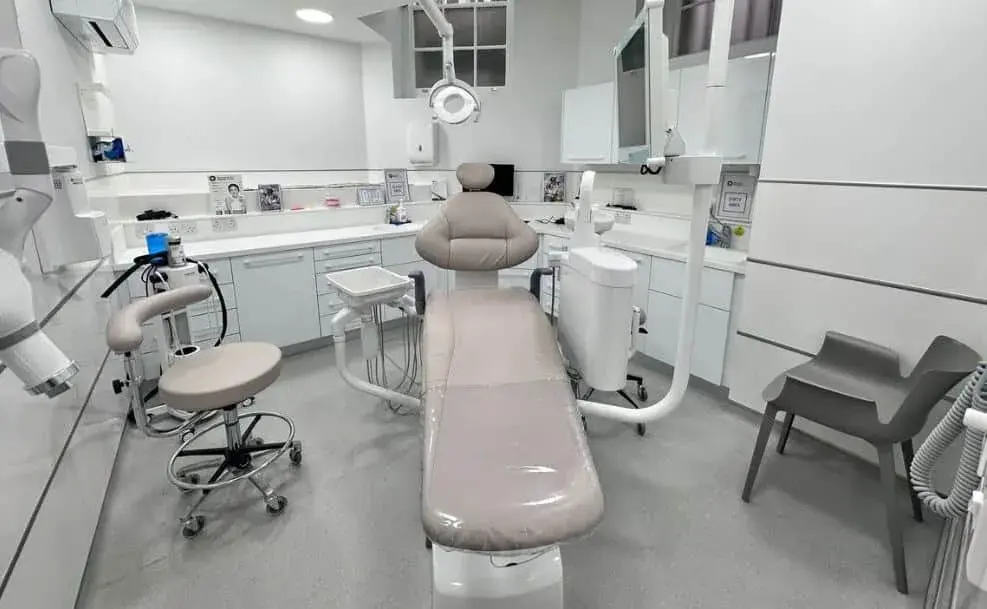In the competitive landscape of New York City, securing the ideal dental office space necessitates a strategic approach, particularly in terms of location and lease terms. A prime location not only enhances visibility but also ensures accessibility for a diverse client base. However, beyond the allure of a bustling locale, the intricacies of lease agreements demand careful scrutiny. Engaging a specialized real estate attorney to dissect and negotiate these terms can safeguard against unforeseen liabilities and financial strain. As we explore these critical factors further, one must question how these considerations influence long-term practice success and patient satisfaction in such a dynamic market.
Assessing Ideal Locations
When searching for the perfect dental office space in New York City, prioritizing accessibility and visibility in high-traffic areas can significantly enhance your practice’s potential for attracting new clients.
Strategically selecting a location near bustling commercial districts, residential areas, or medical hubs can provide a steady influx of potential patients. Consider the demographic profile of neighborhoods to align with your specialty or service focus.
Proximity to public transportation and major roadways also facilitates easier access for both staff and patients, fostering a sense of community and belonging. Additionally, a visible and convenient location can serve as a natural advertisement, promoting your practice simply through its presence in a vibrant, easily accessible area.
Understanding Lease Terms
Navigating lease terms effectively is crucial in securing a dental office that meets both your budgetary constraints and operational needs. Understanding these terms is essential for not only forecasting costs but also ensuring compliance with all regulations pertinent to your dental practice.
Key factors to consider include the lease duration, renewal options, escalation clauses, and responsibilities for repairs and maintenance. It’s advisable to seek clarity on terms like ‘gross lease’ versus ‘net lease,’ where the former typically includes all utilities and services whereas the latter may not.
Engage a real estate attorney who specializes in commercial leases to dissect complex clauses. This partnership can lead to a negotiation that aligns closely with your practice’s financial health and strategic growth plans.
Read more:

